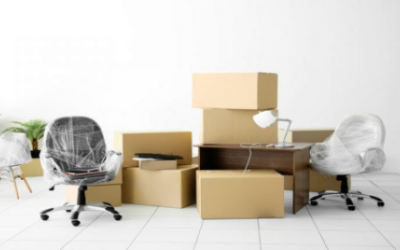Moving across borders can be a monumental task, fraught with logistical, regulatory, and emotional challenges. Understanding the ins and outs of international moving and storageis critical for a seamless transition, whether you’re relocating for work, adventure, or personal reasons.
In this guide, we’ll walk you through essential steps, from planning your move to unpacking in your new home.
Essential Steps in Planning an International Move
Research: Begin with thorough research about your destination. Understand the legal requirements of international moving and storage, cultural nuances, and the local real estate market to ease your integration.
Packing: When it comes to packing for an international move, less is more. Prioritize essentials and consider what can be bought anew or stored. Remember, shipping costs can escalate quickly.
Documentation: Keep your essential documents, passports, visas, work permits, and medical records in an easily accessible, secure place. Digital backups can also save the day in case of loss or damage.
Choosing the Right International Moving Company
Selecting a professional mover is crucial. Here are factors to keep in mind:
- Reputation: Seek companies with positive reviews and proven experience in international relocations.
- Estimates: Obtain detailed, in-house estimates from at least three companies for comparison.
- Insurance: Ensure they offer comprehensive insurance for your belongings throughout the move.
Understanding International Storage Options
Not everything needs to make the trip. International storage solutions vary widely and include:
- Short-Term vs. Long-Term: Decide the duration of storage based on your needs.
- Climate-Controlled Units: Crucial for sensitive items that could be damaged by varying temperatures or humidity.
- Security Features: Opt for facilities with robust security measures, including 24/7 surveillance and gated access.
Tips for a Smooth Transition
- Understand Customs Regulations: Each country has specific rules regarding what items can be imported, taxes, and necessary documentation.
- Cultural Adaptation: Learning about your new country’s culture and language in advance can significantly ease your adjustment period.
- Healthcare Arrangements: Make sure you have the necessary vaccinations and health insurance coverage that’s valid in your new country.


